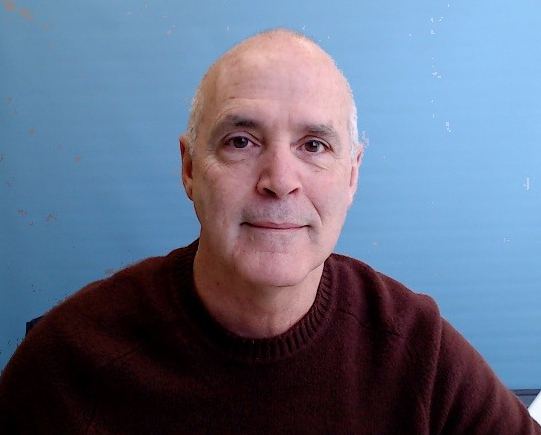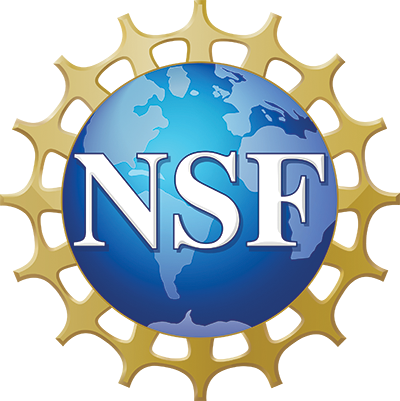
CI Compass invites you to attend the next installment in our webinar series: Flexible Data Engineering Pipelines, featuring Chris Bontempi, Director of IT, Network for Advanced NMR.
The webinar will be hosted virtually on Wednesday, May 17, 2023, at 9 a.m. PST/ 10 a.m. MST/ 11 a.m. CST/ 12 p.m. EST.
Register: Here.
Abstract:
The potential for using masses of data to feed and inform sophisticated analytical processes like machine learning, neural networks, and other forms of AI and statistical analysis continues to expand and grow. One aspect that will never change is that the results of these processes are only as good as the data on which they are based. Furthermore, these processes are accelerating, and time-to-insight is becoming more critical than it once was. Data engineering pipelines are the cornerstone of efficient, effective, and reliable data acquisition and staging.
In this discussion, I will recommend some principles for designing flexible data engineering pipelines. Flexibility is the key to the longevity of a data engineering pipeline, but hitting the right degree of flexibility with the available resources requires a focus on areas with the biggest payoff. I will recommend specific areas of focus that will help you avoid wasteful missteps, dead-end/one-off platforms, and data silos (the same data silos we have always dealt with, except now they are on a much greater scale and much more resource intensive.). I’ll talk about tools and techniques that have been available to us for more than a decade, and how to employ them effectively. The best neural networks thrive on good nutrition.
About Chris Bontempi:
Chris Bontempi, Director of IT, Network for Advanced NMR
University of Connecticut Health Center
Farmington, Connecticut
Chris has worked primarily in large-scale, commercial software development, focusing on healthcare informatics and data engineering for the largest provider of healthcare software in the US. In his 20+ years as a principal software architect, Chris led a team that developed analytical systems across the entire healthcare sector, working with thousands of customers to determine their needs, challenges and aspirations.
More recently, Chris was part of a team working in the energy sector, exploring ways to modernize and expand their markets in anticipation of the wholesale, worldwide changes taking place. Currently, Chris is part of a team whose mandate is to collect, organize and share data produced by NMR spectroscopy, initially at UCONN Health Center, University of Georgia and University of Wisconsin-Madison, with a general goal of “democratizing” the effective use of NMR spectrometers.
Throughout these experiences, the central emerging theme has been how to make observations -- the data we collect from them -- useful. Chris’ experience with system architecture; system operations and administration; data engineering; large-scale, complex software development and support; and the myriad IT principles and best practices that underlie these pursuits (security, availability, ease-of-use, accuracy, reproducibility, reliability, supportability, etc.) have given him a productive perspective from which to work on these challenges.
Chris has a combined Bachelor’s of Science degree in Computer Science, Sociology and Political Science, and is celebrating his 40th year as an IT professional.






